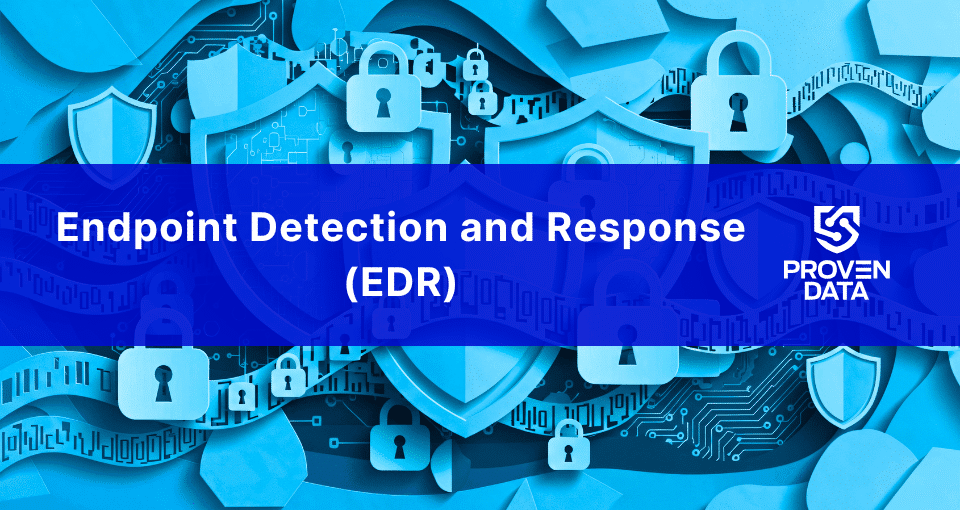From Toronto to North Florida, the winter of 2014 is turning out to be particularly rough, and the spike in winter storm-related power outages pose a heightened risk of data loss to unprotected computers.
With no end in sight to the ice and snow blanketing most of the northeast, if you haven’t already taken measures to protect your home and business computers from power surges and outages, now is the time.
Power failures and data loss
Too many people assume that when power to their computer is cut, today’s sophisticated machines have automatic data recovery on server. Although for some the risk is lower than others, anyone who can’t afford to lose their data should have a battery back-up or uninterruptable power supply (UPS) in place.
An offline surge suppressor uses a component called a metal oxide vanistor (MOV) to divert the current in a power surge. However, MOVs wear out as more and more surges are diverted, without forewarning.
A battery backup UPS is inexpensive and will protect your computer from damage as well as data loss during a power surge or power loss, but you need to check the battery periodically and replace it when necessary.
An online UPS is a more dependable option, since it is always running the load from the battery. Surge protection on an online UPS often includes protection for your telephone and Ethernet networks. If not, you might want to consider dedicating a UPS to phone and Internet equipment to help keep them up and running in the event of a power failure.
When you experience a power failure, no individual computer component will receive a clean shutdown command; power is abruptly cut. When this happens, some parts of the computer may withstand the impact better than others. In an inadequately protected machine, the dual inline memory module (DIMM) will no longer be refreshed properly, leading to rapid data loss in a surge or power outage.
However, the hard drives and direct memory access (DMA) controller will continue to run a bit longer, so if data is being written to disk the DMA controller will keep reading data from memory—but it has no ability to a discern data that is corrupted. Some file systems are known to be more vulnerable to this kind of failure, based on the different types of journaling they do.
In a power surge or outage, machines that are protected against this type of data corruption have the power supply send an “interrupt” message to the operating system when power fails, but not all PCs are equipped for this.
Your computer’s disk write cache is used to collect and delay transfers to the disks to improve speed, because memory is faster than disks. When your machine shuts down unexpectedly, there is uncommitted data in the cache that can be corrupted or lost because only part of the cache is written.

There are different kind of cache systems including write-through and write-back. A write-through cache is safe because it reports the data as written when the data is committed to disk. However, a write-back cache is not safe because it reports the data as written when it has been written to cache but has not been written to disk yet. Even with a UPS in place, your data is vulnerable to corruption or loss. If power surges or outages are a problem and yours is a write-back cache, you may want to consider turning it off.
Many people also believe that journaling protects their file systems against power failures, and while it’s true that file systems with journaling can prove more dependable than others, there are some things the file system can’t protect against.
If you have RAID storage technology in place, it needs to know if the disks of the array are still properly matched to each other when the array is initialized. After a power surge or failure, the disks will be in a “dirty” state, and the system may need to recreate the array if it can, although a RAID system can be lost due to power interruption. Data recovery from RAID failure is not something you ever want to to be faced with.
If you find your important data has been compromised due to power surges our outages caused by severe weather conditions or any other factor, a professional data recovery service may be needed. Speak to a proven data recovery specialist for advice on the best UPS for your needs to determine the best backup options for your computer before the next storm hits.
Lost data during a power outage?
Our data recovery experts can help you recover your lost data from a power outage!



